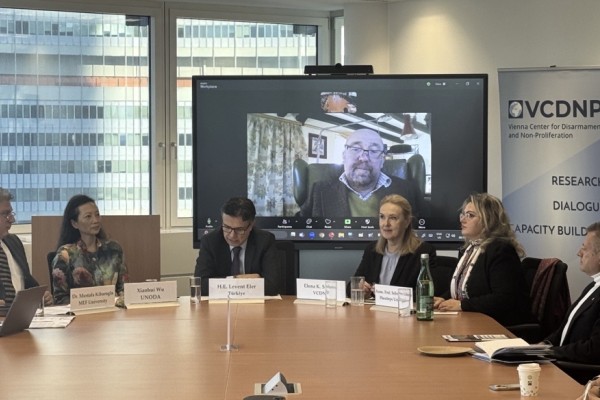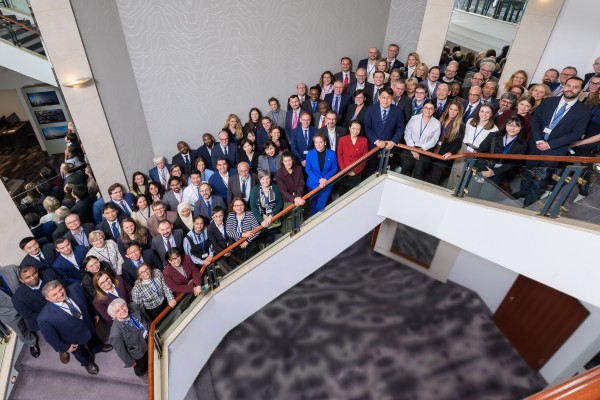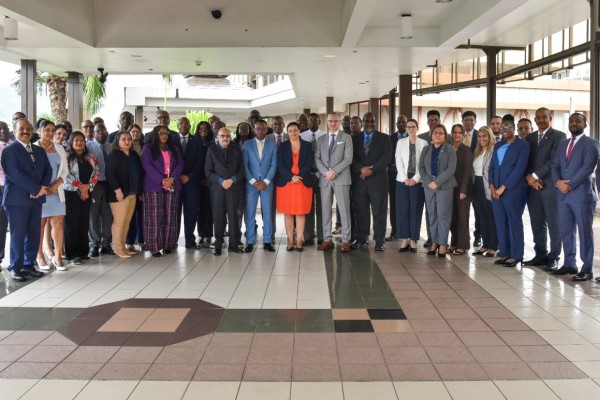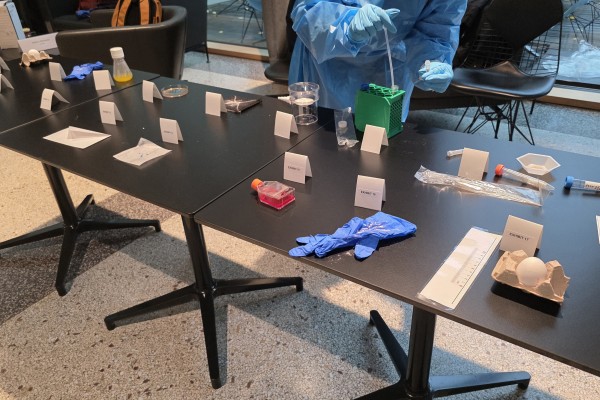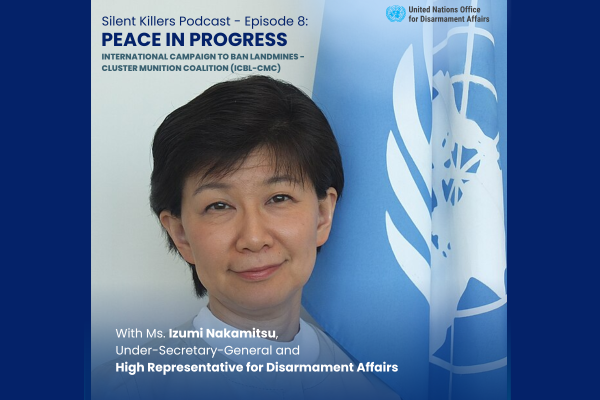Southern Africa vows to strengthen regional cooperation and foster gender responsive arms control to address the illicit proliferation of Small Arms in the region
On 3–4 September 2025, United Nations Regional Centre for Peace and Disarmament in Africa and the South African Development Community co-hosted a Regional Strategic Workshop in Johannesburg on gender mainstreaming in small arms control in Southern Africa. The workshop aimed to: (i) build Member States’ capacity to develop gender-responsive policies and programmes for implementing the UN PoA; and (ii) strengthen regional cooperation to better integrate gender perspectives in combating illicit SALW trafficking.
The two-day workshop gathered 29 participants, including 15 women, from 12 SADC Member States: Botswana, Eswatini, Lesotho, Madagascar, Malawi, Mozambique, Namibia, Seychelles, South Africa, Tanzania, Zambia, and Zimbabwe. Also in attendance were representatives from the AU (virtually), SADC Secretariat, RECSA, UNDSS, UNODA, INTERPOL, and civil society organizations such as BICC, Gun Free South Africa, Halo Trust, and the Institute for Disarmament and Arms Control.

Major General Anna Sithole, District Commissioner of the South African Police Service in Ekurhuleni, officially opened the event, followed by remarks from senior UN and SADC officials. Discussions addressed key drivers of illicit arms flows—diversion from stockpiles, post-conflict remnants, and local manufacturing—and their impacts, including violence, human rights abuses, gender-based violence, weakened state authority, and stalled development.
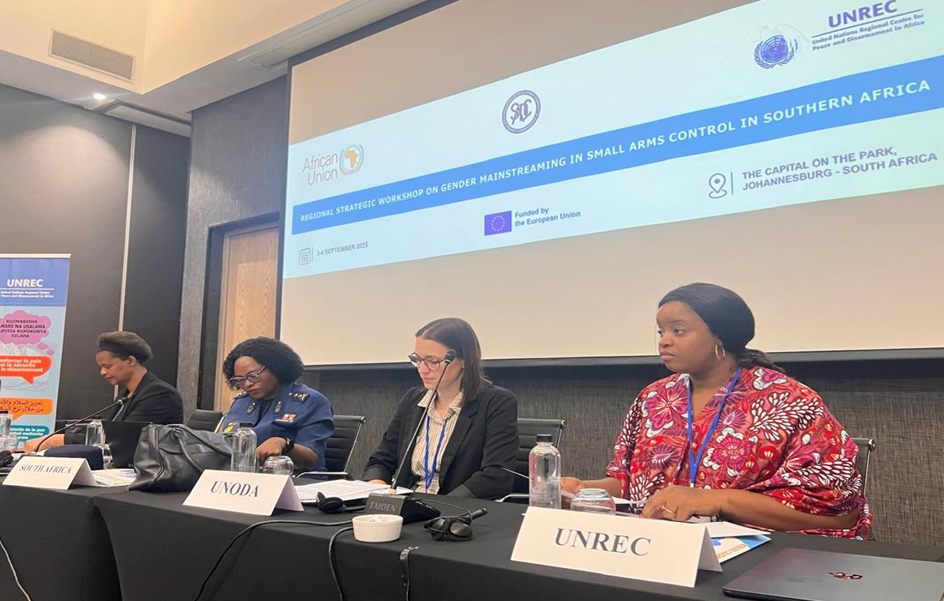
Participants stressed the need to align national and regional policies with key frameworks, including the SADC Firearms Protocol, SADC Strategy on Transnational Organized Crime, AU Roadmap to Silencing the Guns (2021–2030), and the UN PoA on SALW. Building on the June 2024 4th Review Conference on the Programme of Action officials underscored the value of sex- and age-disaggregated data for inclusive, evidence-based policies. Discussions also emphasized women’s meaningful participation in arms control and stronger coordination among international, continental, and regional actors for greater impact.
Mozambique, South Africa, Tanzania, and Zimbabwe shared national efforts to integrate gender into small arms control, including awareness campaigns and policy reforms to curb gender-based violence and insecurity. Participants agreed that gender must be mainstreamed across all stages of arms control—from planning and budgeting to monitoring and evaluation.
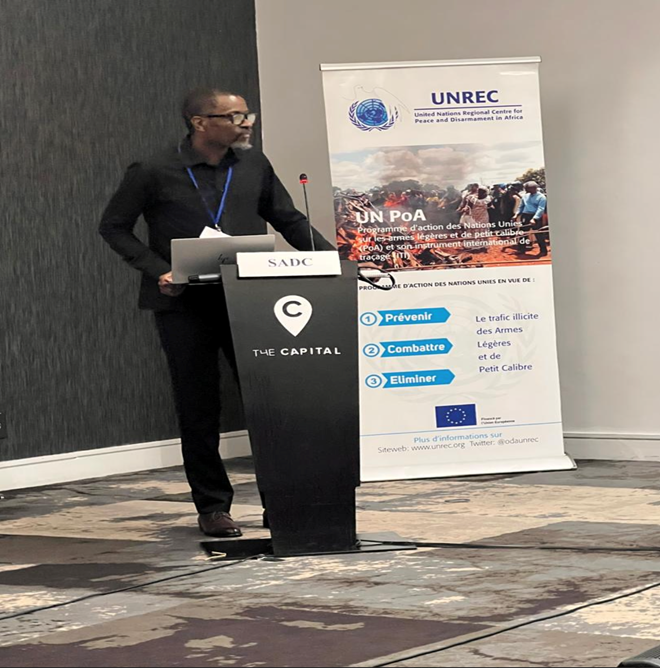
Participants further emphasized the need to include youth in arms control. Member States pledged to create space for youth in policymaking and disarmament forums, with proposals such as mentorship for young women and youth engagement in regional and international platforms.
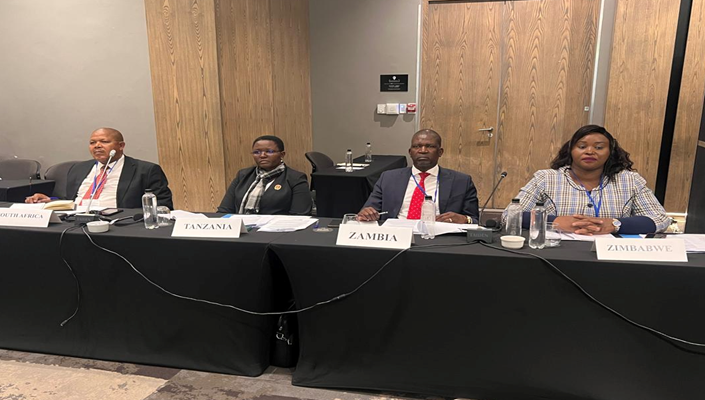
The workshop concluded with a set of recommendations aligned with the SADC Protocol on Firearms. These include but are not limited to:
- integrating gender considerations into national policy frameworks on SALW control (for instance National Action Plans);
- integrating SALW in the regional Women, Peace and Security strategy and National Action Plans;
- iii) promoting Women’s meaningful participation in arms control to shape, implement and monitor policies, influence decision-making, and lead Arms Control initiatives while advancing commitments under UNSCR 1325 and related frameworks,
- strengthening cooperation and coordination within SADC region on gender mainstreaming in SALW control, recognizing the importance of tailored approaches to address specific regional challenges and
- enhancing youth participation in arms control initiatives, recognizing the divergent critical role that the youth play in promoting peace and security in the region.
On the margins of the workshop, the UNREC team met with senior officials from South Africa’s Department of International Relations and Cooperation (DIRCO) on 2 September. Discussions focused on disarmament, non-proliferation, and potential areas of cooperation, including the implementation of the Global Framework for Through-life Conventional Ammunition Management.
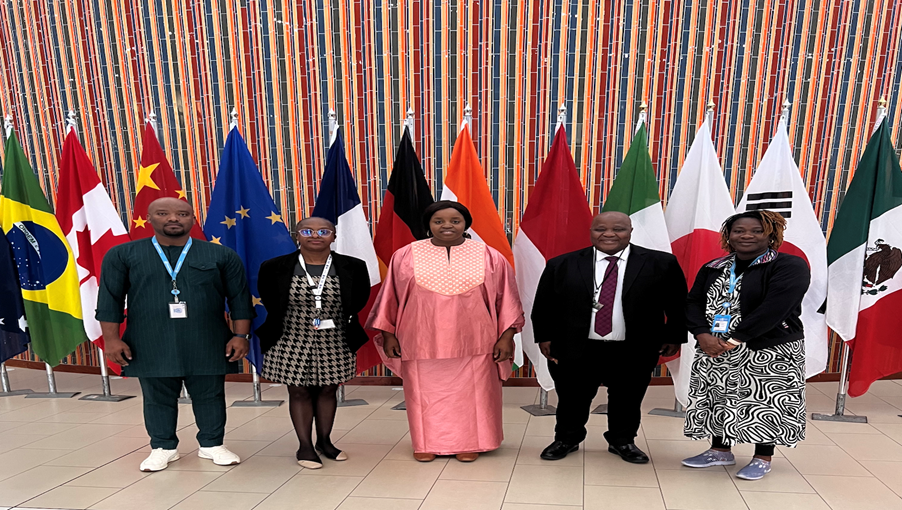
This mission was part of Phase II of the UN Programme of Action (PoA) and International Tracing Instrument project, funded by the European Union. Adopted in 2001, the PoA is a politically binding framework that supports States in controlling small arms through improved regulations, stockpile management, import/export controls, and international cooperation.
